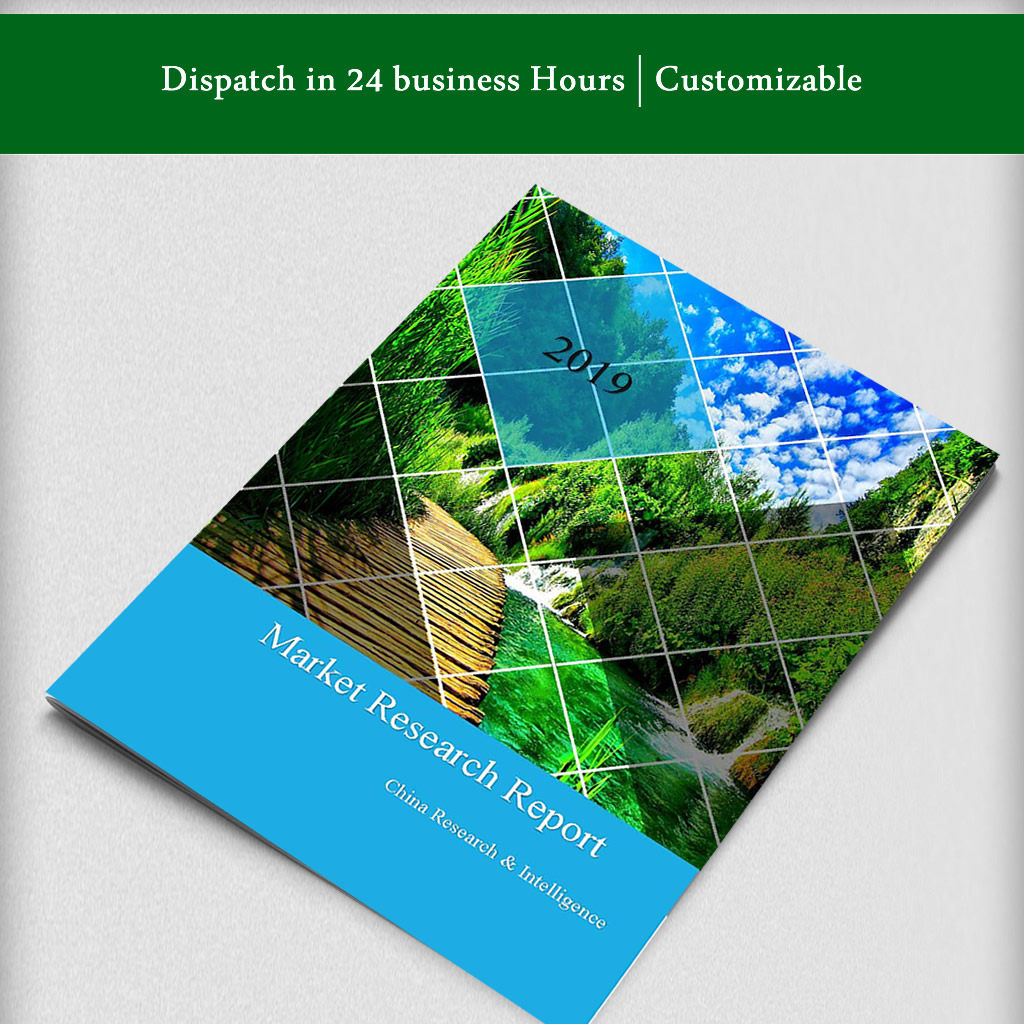Description
Description
According to the data released by China’s National Health Commission in Oct. 2018, the incidence of childhood leukemia in Chinese children under 15 is about 4/100,000 to 5/100,000, and the number of childhood leukemia patients under 18 old increases by about 15,000 every year. Childhood leukemia is the second leading cause of death among children under 15 in China. It mainly includes acute leukemia (about 5%), chronic leukemia (3% to 5%) and myelodysplastic syndrome. Acute lymphoblastic leukemia accounts for 70% of childhood leukemia and the cure rate of such leukemia is close to 90%. The other kind of childhood leukemia is acute non-lymphocytic leukemia. The cure rate of acute promyelocytic leukemia in this class has exceeded 90%.
Pegaspargase is an asparaginase preparation that binds Escherichia coli-derived L-asparaginase with polyethylene glycol and lipid bilayer. Compared with L-asparaginase, Pegaspargase retains the bioactivity of asparaginase. Besides, it maintains liposome morphology before accessing tumor tissue, which avoids decomposition by proteinases and extends the half-life of Pegaspargase to (7±2) days. It is a long-acting asparaginase preparation. One-time use of Pegaspargase can replace multiple uses of L-asparaginase, which shortens the period of hospitalization. Pegaspargase is also featured by less immunogenicity and allergic reactions, especially immediate allergic reactions. In terms of other adverse reactions, Pegaspargase is similar to L-asparaginase.
According to CRI, branded Pegaspargase (trade name: Oncaspar) was developed by Enzon Pharmaceuticals, Inc. In 1994, it was approved by the FDA to be applied to those who have acute lymphoblastic leukemia and are allergic to L-asparaginase. In 2000, it was approved by the FDA to be used in the first-line treatment of newly diagnosed leukemia patients. For many reasons, Oncaspar has not been approved to be sold in China. In 2009, the generic Pegaspargase injection developed by Jiangsu Hengrui Medicine Co., Ltd. was approved by the CFDA to be sold in China. By Aug. 2019, only Jiangsu Hengrui Medicine Co., Ltd. has been approved to sell Pegaspargase in China. Other Chinese pharmaceutical companies such as Beijing SL Pharmaceutical Co., Ltd. are also developing generic Pegaspargase. Their Pegaspargase products are expected to be launched in China by 2023.
In China, Pegaspargase is used to treat acute lymphoblastic leukemia. Those who are allergic to natural L-asparaginase can try Pegaspargase. In general, Pegaspargase is used together with other chemotherapy drugs such as vincristine (Oncovin), methotrexate, cytarabine, daunorubicin and pirarubicin. Only when the combined use is confirmed inapplicable will it be used alone. Pegaspargase has proved to have similar curative effect as natural L-asparaginase. It can be used to treat those who are seriously allergic to natural L-asparaginase as well as those who have non-Hodgkin’s lymphoma or acute myeloid leukemia.
According to CRI, the sales value of Pegaspargase kept rising after the drug was launched in China. In 2017, it reached about CNY 74 million, representing a CAGR of 20.10% from 2013 to 2017. As environmental pollution and decoration pollution worsen, the number of leukemia patients in China will keep increasing. Therefore, the market size of Pegaspargase in China will continue to expand from 2019 to 2023. By then, in addition to Aiyang by Jiangsu Hengrui Medicine Co., Ltd., more Pegaspargase products will be approved to be put on the market.
Topics covered:
– Incidence of leukemia in China
– Status of China’s Pegaspargase market
– Retail prices of Pegaspargase in China
– Major factors influencing the development of China’s Pegaspargase market
– Prospect of China’s Pegaspargase market from 2019 to 2023
– Progress of generic Pegaspargase in China


